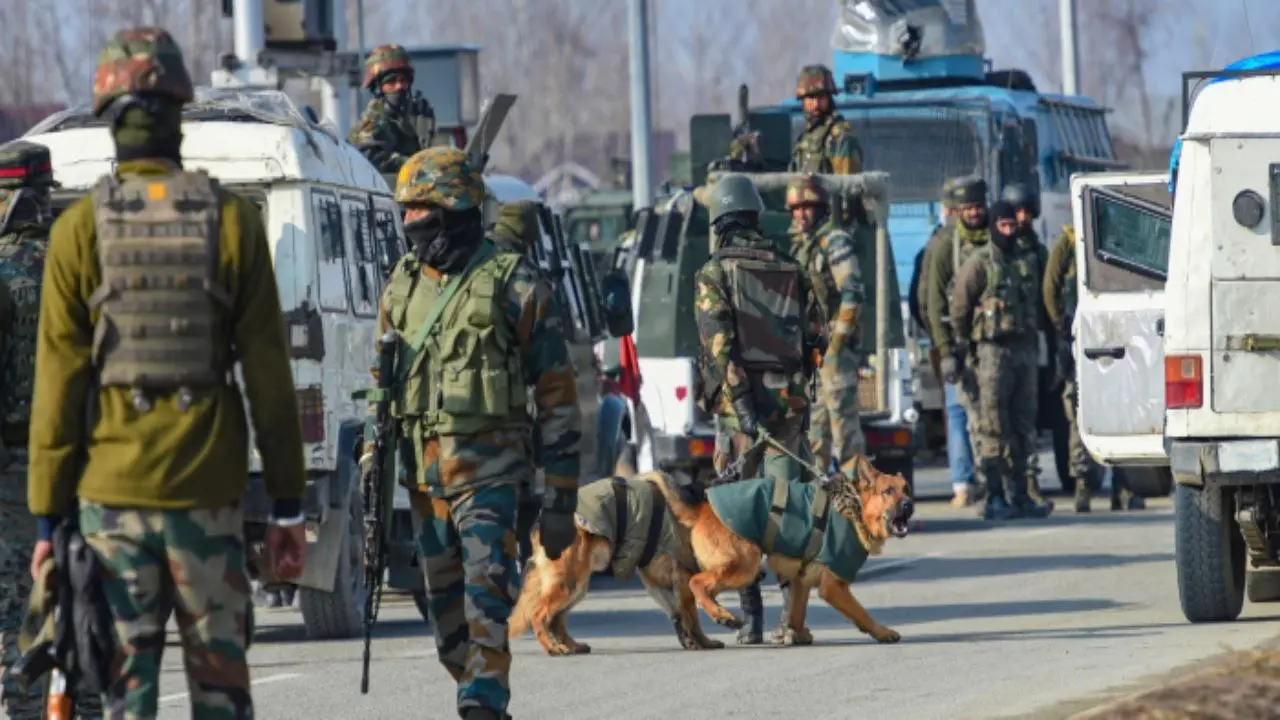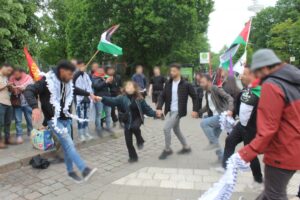
India: protests against the G20 summit in Kashmir and repression from the State
During this week the imperialist have another summit after the G7. On that last summit we already written an article previously. This time they meet in Srinagar, capital of Kashmir, in the Indian State. In response to this meeting in a region considered occupied by Pakistan, hundreds of people protested on Monday May 21th in the Pakistani State-administered Kashmir area. Also there are new reports of protests against this summit today, in Karachi Pakistan. In a new rally, were slogans for boycott the summit, and also the people burned flags of United States, Israel and India.
This year China and Saudi Arabia have refused to attend the G20 summit and are trying to boycott it. It is not the first time that the G20 summit has been held in a semi-colonial and semi-feudal country, for example, last year’s G20 summit was held in Bali, Indonesia. The 2022 summit was used by Yankee imperialism to ensure collusion with Chinese social-imperialism, and for isolate Russian imperialism as much as possible. In this case, using the numerous disputes between the Indian State and the Chinese State, as well as with Pakistan, a country increasingly dependent on Chinese social-imperialism, this summit could be seen as an opportunity for Yankee imperialism to continue isolating Chinese social-imperialism as well as a new opportunity to continue deepening the pacts against Russian imperialism.
According to some analysts, the India decision of have the summit in Kashmir, would serve to refute the claims of Pakistan on the Kashmir disputed territory, and also to refute the acusations of violate de rights of the people of Kashmir.
In the previous weeks to the summit and during these last days, the Indian State has carried out a militarization of the territory of Kashmir and carried out multiple repressive actions. Arrests of journalists and activists defending the democratic rights and freedoms of the people of Kashmir have been reported. This is a trend that would have been occurring since at least the 90s in the region, but that has been accentuated lately. In addition to this, there are reports of increased patrols and surveillance, especially of minorities in southern Kashmir, migrant worker areas, and even well-known village leaders have been urged to “restrict their movement” during these days. Other strategies include fining militants and activists from various social movements for violating traffic rules, or harassing political leaders of Kashmir’s national movement.
Finally, there are reports of raids on the homes of political activists in the middle of the night and the expulsion of all families living in them, in the name of “security of the international event”. For its part, the Indian police justified the actions by stating that “need to enhance the security measures at vulnerable locations to avoid any chance of terrorist attack” during the summit.
